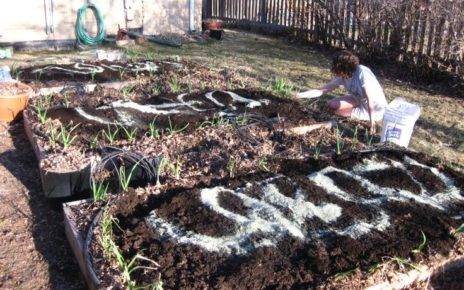English, the international language that is spoken most in India than the national language itself but the common English we throw around words sound like. “Hi”, “How are you” “It is a great day” and so on. This can be called basic English something you are typically taught at school but native English which is spoken in English spoken countries like the US, UK, and Australia differs a lot more than our daily English.
Native speakers use a variety of slang. It can be hard to catch them all but following a few well-used words and sentences can be a bit of a variety. E.g .: Wanna (want to), gonna (going to) hang out (spend time to get together) Imma (I am goin’ to) breezy (casual).
These are just the beginners level native English the complex English can be much difficult for instance if someone is facing a challenge in basic English we would say she is having a lot of problems but in native English, it can be said- she’s having a hard time or she met with a lot of knotty problems and such.
So if you are thinking you are regular “whatsup” is an upscaled English then you have a long way to go. Since English is an important language it is important for one to learn it sooner than later. Especially if you are someone who wants to achieve in your career, settle abroad then the language is very vital.
Read More: Investment Through Apps, Safe? You Have A Way To Ensure It
So here is how you can get well versed in native English
You need to get familiar with the English accent. British English differs from American English and American from Australian and so. So, you have to learn to differentiate the accent first and then start learning the slangs based on the region.

The more you watch the more you will learn. Watch native English shows that can give you more insights into the flow of language, pronunciations, and slang (that differ in countries).
Don’t be shy and practice the language constantly. You need to get hold of the flow to sound like a native speaker. In order to impersonate the flow, you have to practice the flow.
For example, the native speakers will eliminate the T and D most of the time- nex(t), we(d)nesday, ‘(th)em, and so on.
Hence it is very important to learn the native slang.
English idioms are another vital method to understand and master the native language.
Example: Cat caught your tongue- which means when someone feels tongue-tied or has no answer for your question.
Once in a blue moon- something that happens rarely
Don’t let them walk over you-don’t let people take advantage of you.
Pull strings- use influence based on personal connections.
So these were our tips to help you become a native English speaker.
Also Read: Higher Education in Luxembourg for Abroad Students
Discover more from Thenewsdoor
Subscribe to get the latest posts sent to your email.





